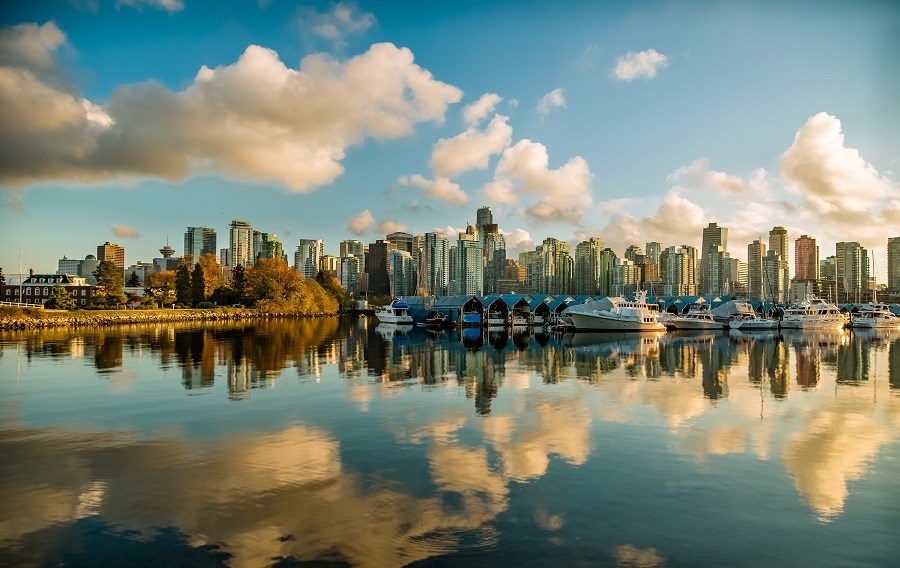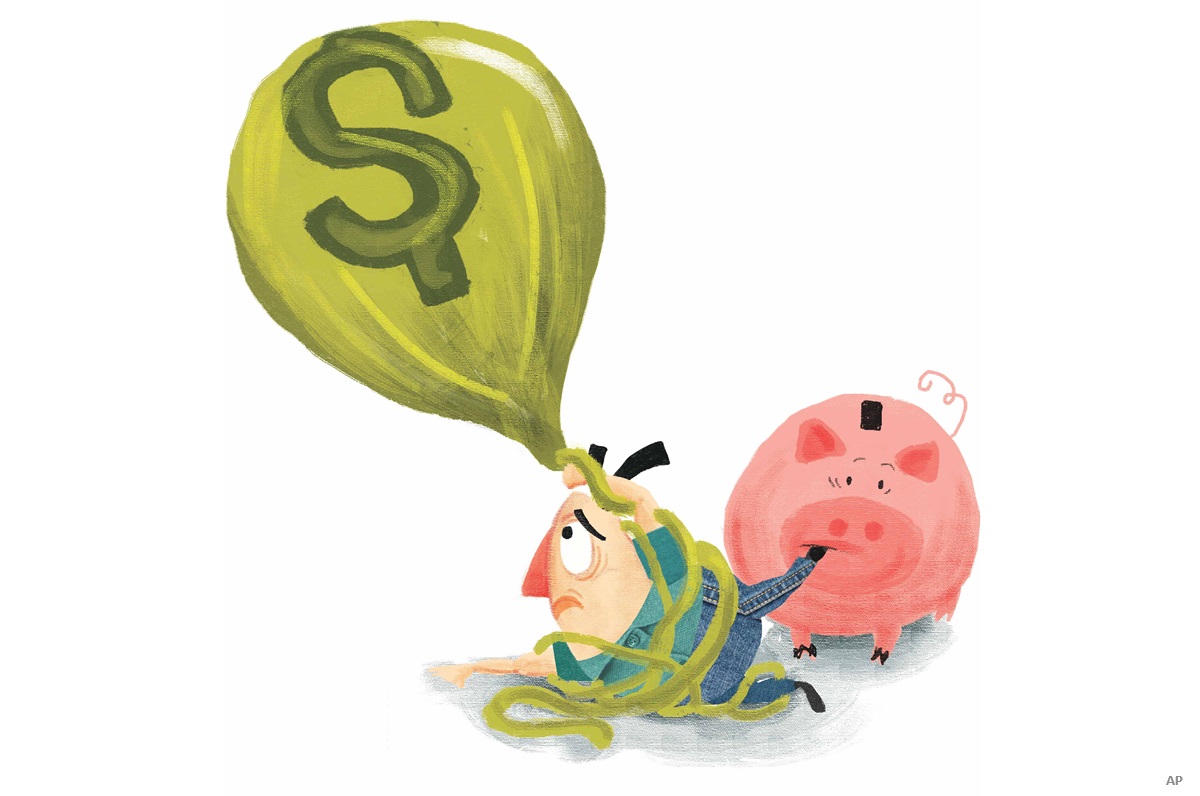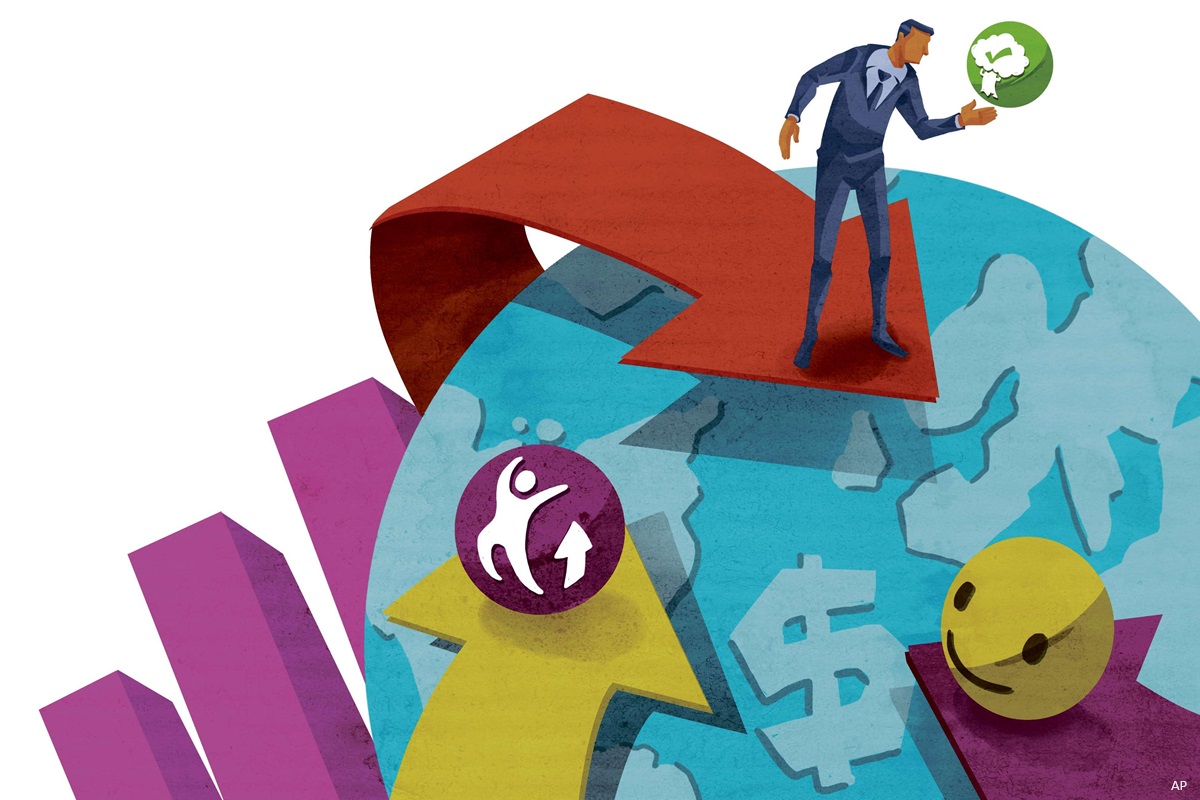
In a market fraught with ongoing pandemic and political risks, Amber Sinha focuses on adding value to the CIBC European Equity mandate by seeking high-quality stocks. Sinha, senior portfolio manager of global equities at CIBC Global Asset Management in Toronto, has led the fund since April 2019.
“Quality is obviously a good place to be in the market. We like companies that have little debt, because when times are tough, that’s what really stands out,” Sinha says, adding that COVID-19 has played out this thesis.
Three other stock criteria are essential in Sinha’s bottom-up approach – a strong, competitive advantage, such as a strong brand and distribution, and strong management, with a track record and an incentive aligned with shareowners are two. “And the fourth thing should come from that combination of qualities and result in above-average returns on average,” he says.
He prefers companies that are growing at least in step with GDP or better than GDP. The team looks for companies with consecutive growth but not the high-growth stocks, says Sinha. And they favour a four-to- five-year time frame for holding a stock. The mandate currently has 43 predominantly large-cap stocks, and follows the benchmark MSCI European Index fairly tightly. According to Sinha, the portfolio won’t have a mismatch of more than 5% of the benchmark for any single sector or region.
With uncertainty around Brexit and more volatility in the region than over the past many decades, the mandate has generally been underweight the UK for a while. “It’s been a great decision for us,” says Sinha, “because that market has underperformed and the weakness of the pound sterling has impacted that as well.”
Stocks in Focus
The mandate’s top holding, Thule Group AB, a Swedish manufacturer of sports and outdoor products and equipment, meets all the investment criteria. “The company has more than 60% market share globally, and very strong product offerings,” Sinha says. In addition, the business has a stable, competitive advantage, good distribution to get the product out, and a fairly sound balance sheet. “On the alignment, we have spoken to management a number of times, and feel the management has an incentive and are doing a good job,” he says.
DSV Panalpina AS, a Danish transport and logistics company among the top holdings, also illustrates the investment standards. “They are a very high-quality operator,” says Sinha, “with one of the best operations in freight-forwarding globally.” In addition, the company is highly favoured for its very strong management team and initiatives. According to Sinha, DSV is an example of a company that has grown rapidly through wise acquisitions that have enhanced the business.
Another top holding is Orsted AS, a Danish company that sold all of its oil and gas business to focus on offshore wind farms. The industry in Denmark is the most developed in countries globally. “Orsted has become a geo-play power for developing offshore wind projects.” Wind farms represent a very dynamic area right now, especially in Europe, and Sinha sees it picking up in the U.S. and other countries as well. “It’s an example of a company with very high quality and being at the right place at the right time,” he notes.
An Eye on Global Risks
In terms of research, the Canadian equity team is designed around sectors with expertise across all of the sectors. The team also taps into the broader analyst and research teams at the firm. “As part of our research process,” says Sinha, “access to management is very high on the list for us. As COVID-19 goes in the rear-view mirror, I hope travelling comes back because that is something that is essential in our job.”
Looking ahead, Brexit, with a deadline at the end of the year, continues to overhang the markets. “It’s just a difficult time to have a fairly smooth and organized breakup of the European Union into Brexit and the European Union. And it’s also a taxing time with the coronavirus-related destruction, so I would say that continues to be the biggest risk in the market.”
When it comes to the upcoming U.S. election, “there could be some volatility,” says Sinha, “if there was some contention over the election, but that would give us an opportunity to further add value to the portfolio.”
ESG (environmental, social and governance) investing is factored in the investment approach. Sinha has a higher than average focus on ESG in his mandate, and that is increasing in all of the mandates. “Good companies are often good companies on the ESG front,” he says.





















